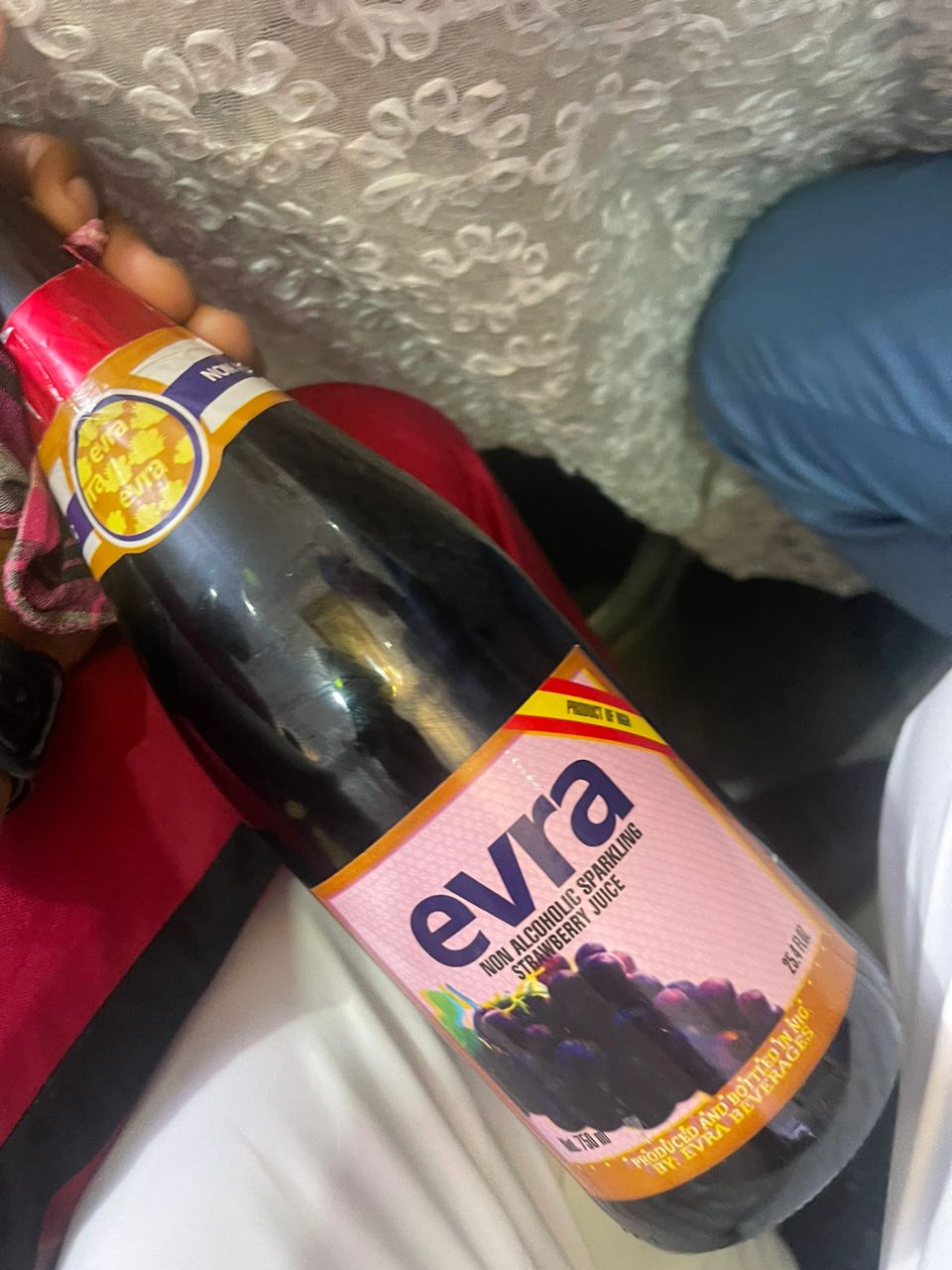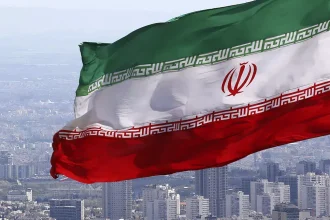The National Agency for Food and Drug Administration and Control recently thwarted the operations of counterfeiters in Eziukwu Market, Abia State engaged in the illicit production of a wide range of beverages, including wines, soft drinks, and consumables.
The counterfeiters’ illicit operations encompassed the manufacturing of various adulterated products, particularly wines featuring popular brands such as Seaman Schnapps, Henessy, Four Cousins, Carlo Rossi, Jenney, Chelsea London Dry Gin, Schnapp Dry Gin, McDowells, Black Labels, Gordons, Martell, Campari, Smirnoff Ice, Eva Non-Alcoholic Drink, Evra Non-Alcoholic Drink, Cartel, and others.
Notably, the counterfeiters engaged in unscrupulous practices such as date revalidation for expired products, including Peak milk, Powdered milk, Ketchups, Yoghurt, and Coca-Cola products.
This counterfeit drinks syndicate seek to capitalize on the celebratory spirit of the yuletide taking advantage of the increased purchasing activity during this joyous season.
The health hazards associated with consuming adulterated alcohol can lead to nausea, vomiting, abdominal pain, drowsiness, dizziness, blue-tinged or pale skin, irregular or slow breathing, low body temperature, unconsciousness, or even death.
According to NAFDAC, the estimated street value of the confiscated and destroyed fake products is staggering, reaching over seven hundred and fifty million naira.
To identify these fake products, four things should be taken into cognizance according to NAFDAC: Place, Price, Packaging, and Product.
Taking it a step further, below are how you can identify fake drinks during your celebratory mood this December:
1. Purchase from trustworthy sources
Minimize the risk of acquiring fake products by opting for reputable establishments such as authorized distributors, renowned stores, or trusted online retailers. Avoid transactions with street vendors, traffic hawkers or unlicensed shops, as they pose a higher likelihood of selling counterfeit or adulterated items.
2. Exercise caution with discounts and low prices
It is December and almost every brand is running “awoof”. Massive discounts and remarkably low prices often accompany the sale of fake wines and spirits. While enticing, such deals can serve as a warning sign. Legitimate products are priced based on quality and production costs, so if the price appears unusually low, scepticism is warranted.
3. Inspect texture and color
Texture and colour can provide additional clues. Genuine products boast consistent texture and colour, whereas fake ones may deviate from the norm. Cloudiness, excessive darkness, or an overly thin consistency may indicate a counterfeit wine or spirit.
4. Scrutinize the source of production
Legitimate products often indicate their place of production or origin on the packaging. If the stated source differs from expectations or does not align with the brand’s typical production location, suspicions may arise. Verifying the authenticity of the source of production through research adds an extra layer of assurance.
5. Verify the label and packaging
Prioritize examining the label and packaging when purchasing wine or spirits. The label should include essential details such as the brand name, manufacturer’s address, and alcohol percentage. Ensure the label is clear, devoid of spelling errors, and lacks inconsistencies. Suspect packaging of low quality or signs of tampering may indicate a counterfeit product.
6. Confirm expiry date
Legitimate wines and spirits display a batch number and expiry date on the packaging. The batch number ensures traceability and quality control, while the expiry date indicates product shelf life. The absence of a batch number or expiry date, or any suspicions about their authenticity, may suggest a fake.
7. Assess taste and smell
Differentiating between genuine and fake products often involves assessing taste and smell. Fake wines and spirits may exhibit an unusual or off-putting taste or smell, suggesting potential adulteration. Exercise caution with beverages that hint at being altered with other substances.
8. Watch out for counterfeit brands
Counterfeit wine and spirit brands are prevalent in Nigeria, mimicking the packaging and labelling of legitimate counterparts. Always cross-verify the brand name and logo to ensure alignment with the genuine product. Checking the manufacturer’s website can confirm if the retailer is an official distributor.











